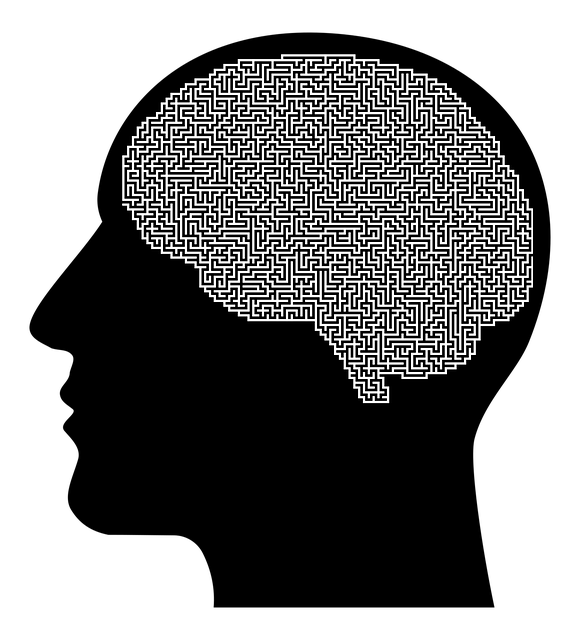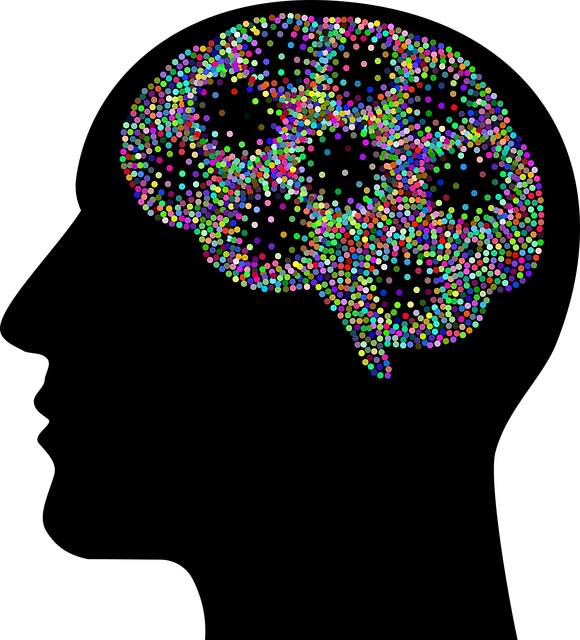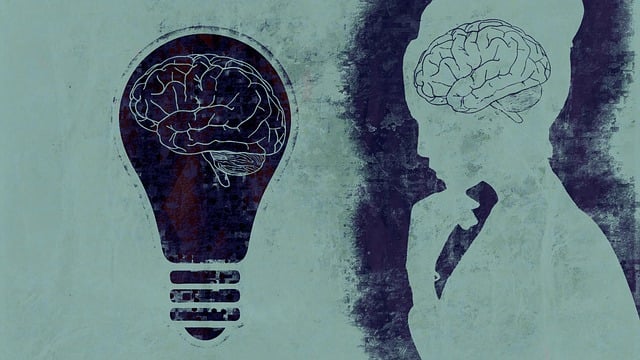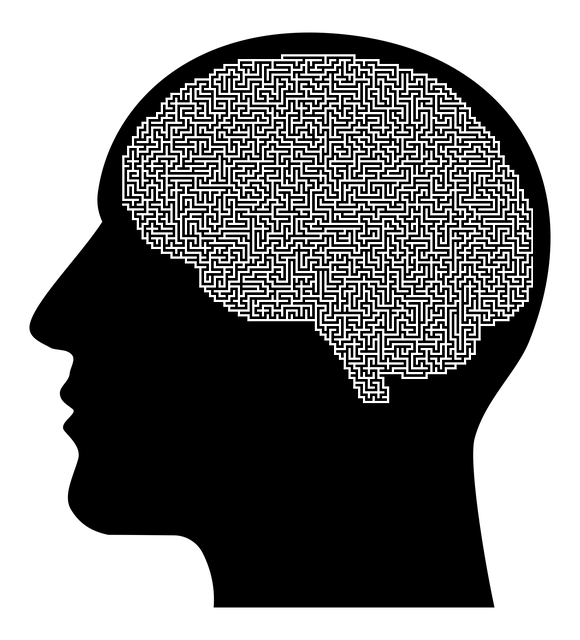Mental health professionals specializing in therapy for young children international adoptions face unique challenges including cultural differences, language barriers, and varying post-adoption support systems. They must navigate these complexities through adapted therapeutic approaches, strong family relationships, and emotional well-being strategies to prevent burnout. Comprehensive risk assessment tools and resilience-building therapy tailored to individual needs are crucial for effective treatment. Cultural competency training and mindfulness meditation enhance safety and success in helping trauma-affected children from diverse backgrounds. Mental health policy advocacy ensures up-to-date best practices.
“Mental health professionals faced with therapy for young children involved in international adoptions encounter unique risks. This article navigates the intricate landscape of these challenges, offering a comprehensive guide to risk assessment tools and strategies for safe practice. We explore how understanding the specific dangers, from cultural disparities to trauma, is vital for effective support. By delving into proven mitigation techniques, professionals can ensure secure and positive outcomes for adopted children.”
- Understanding the Unique Risks in International Adoption Therapy
- Comprehensive Risk Assessment Tools for Mental Health Professionals
- Mitigating Risks: Strategies for Safe and Effective Practice with Young Children
Understanding the Unique Risks in International Adoption Therapy

Mental health professionals who specialize in therapy for young children involved in international adoptions face unique risks and challenges. These include cultural differences, language barriers, and varying levels of post-adoption support systems across countries. Understanding these nuances is vital to ensure effective treatment. Children who have experienced trauma often display complex emotional responses, and their behaviors may differ significantly from what is considered typical due to their diverse backgrounds.
Professionals in this field must be adept at navigating sensitive cultural issues, adapting therapeutic approaches, and fostering strong relationships with adoptive families. Moreover, the potential for burnout is high due to the intense emotional demands of the work. Effective strategies for burnout prevention include continuous professional development, participation in public awareness campaigns about international adoptions, and employing techniques to promote the emotional well-being of both therapists and adopted children.
Comprehensive Risk Assessment Tools for Mental Health Professionals

Mental health professionals play a crucial role in helping individuals navigate complex emotional landscapes, especially when working with vulnerable populations like young children involved in international adoptions. To effectively manage risks and deliver quality care, these professionals should be equipped with comprehensive risk assessment tools. These tools are designed to identify potential hazards and mitigate them before they escalate. For instance, therapy for young children adopting from different cultural backgrounds requires a nuanced understanding of their unique experiences, which can help professionals anticipate and address specific emotional challenges.
Integrating practices such as mindfulness meditation into these assessments can provide valuable insights into the child’s mental state and emotional well-being. Mental health policy analysis and advocacy also play a significant role in ensuring that risk assessment processes are up-to-date and aligned with best practices, thereby enhancing the overall safety of both the professionals and their clients.
Mitigating Risks: Strategies for Safe and Effective Practice with Young Children

Mental health professionals working with young children, especially those involved in international adoptions, face unique challenges that require thoughtful risk mitigation strategies. These include navigating cultural differences and building rapport with children who may have experienced trauma. One effective approach is to prioritize resilience building through therapeutic interventions tailored to the child’s needs. By incorporating mind over matter principles, professionals can help children develop coping mechanisms, fostering their ability to overcome adversity.
Moreover, ensuring cultural competency among healthcare providers is paramount. Specialized training equips practitioners with the skills to understand and respect diverse cultural backgrounds, beliefs, and practices related to mental health. This not only strengthens the therapeutic alliance but also enhances safety and effectiveness in treating young clients, particularly those involved in international adoptions.
Mental health professionals working in the field of therapy for young children involved in international adoptions face unique risks. By employing comprehensive risk assessment tools and implementing effective mitigation strategies, practitioners can ensure safe and impactful practice. Understanding these specific challenges is vital to navigating this complex landscape, ultimately fostering healthier outcomes for both the children and their adoptive families.













